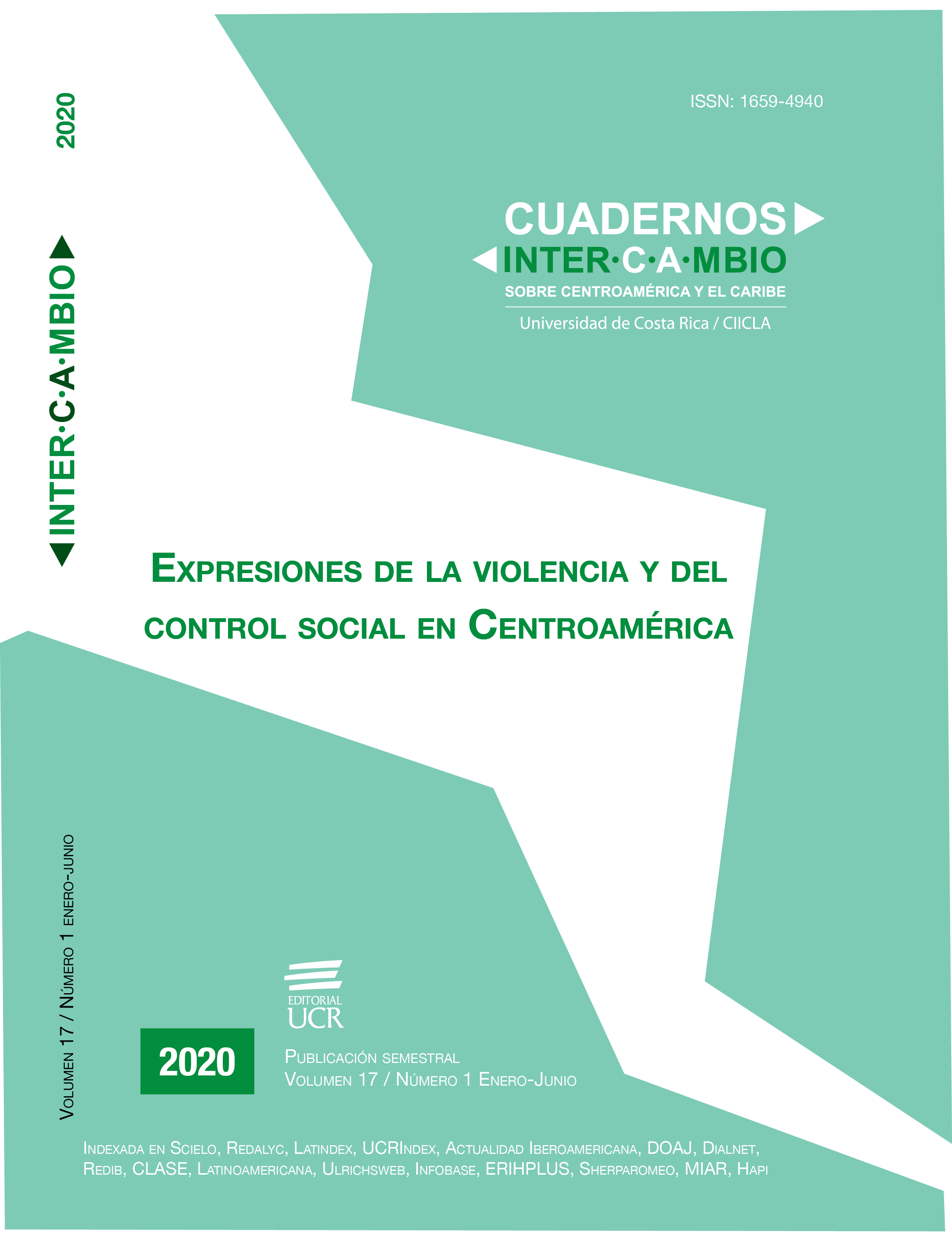Abstract
The violence represented in postwar Central American literature has been associated with disenchantment with utopian political projects of the 20th century. However, little has been related to the implementation of neoliberalism. Under this line of analysis, this essay makes a counterpoint between the violence represented in the literature of the period of armed conflict and that of the current postwar scenario. Two testimonial works are taken as a sample: Un día en la vida(1980), by Manlio Argueta, and Crónica de los años de Fuego (1993), by Marco Antonio Flores; and two published after the mid-1990s: El arma en el hombre(2001), by Horacio Castellanos Moya, and El cojo Bueno(1996), by Rodrigo Rey Rosa. It is concluded that the studied postwar literature shows how violence affected the disarticulated individuals of the community, since it shows the atomization suffered by the subjects within the neoliberal society, which has reduced them to individuals deprived of the collective.
##plugins.facebook.comentarios##

This work is licensed under a Creative Commons Attribution-NonCommercial-NoDerivatives 3.0 Unported License.
Copyright (c) 2020 Cuadernos Inter.c.a.mbio sobre Centroamérica y el Caribe


